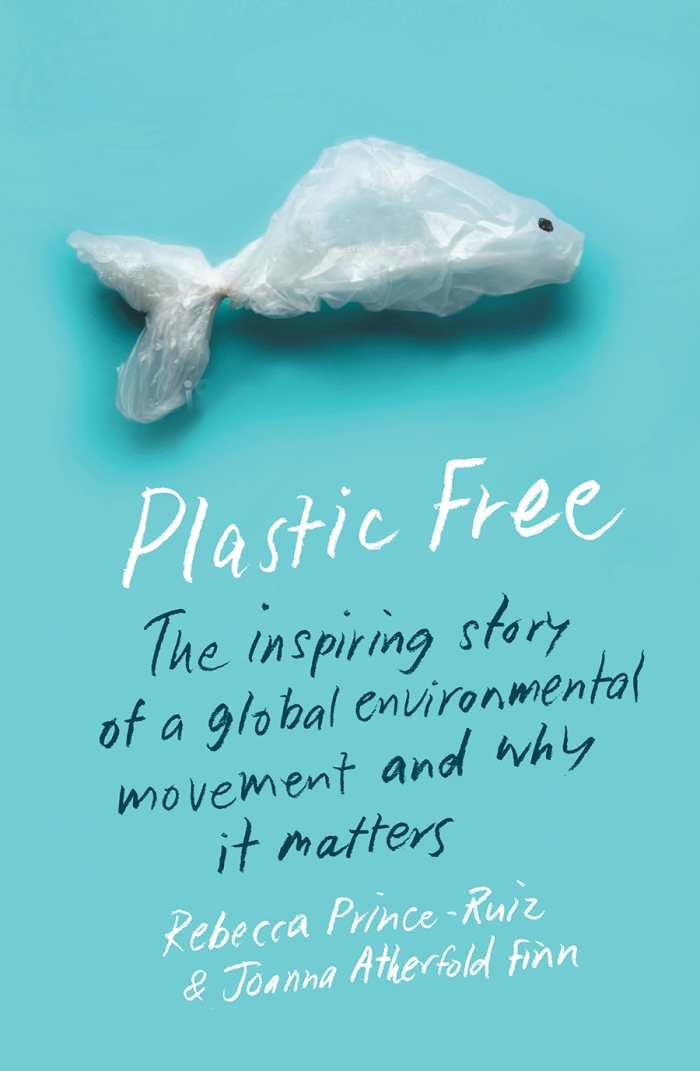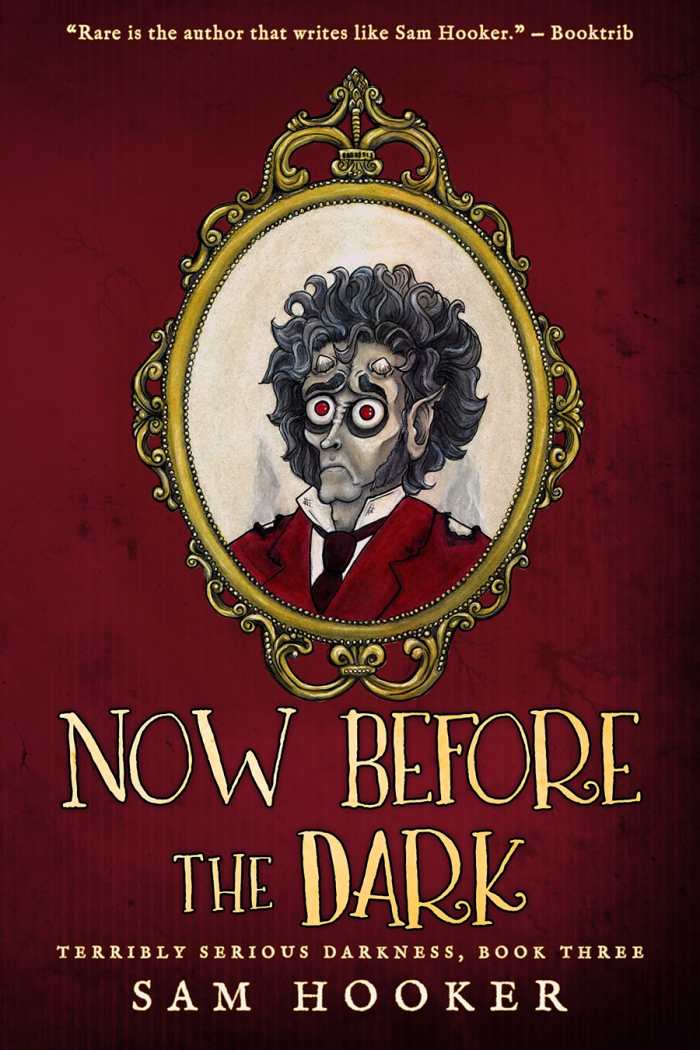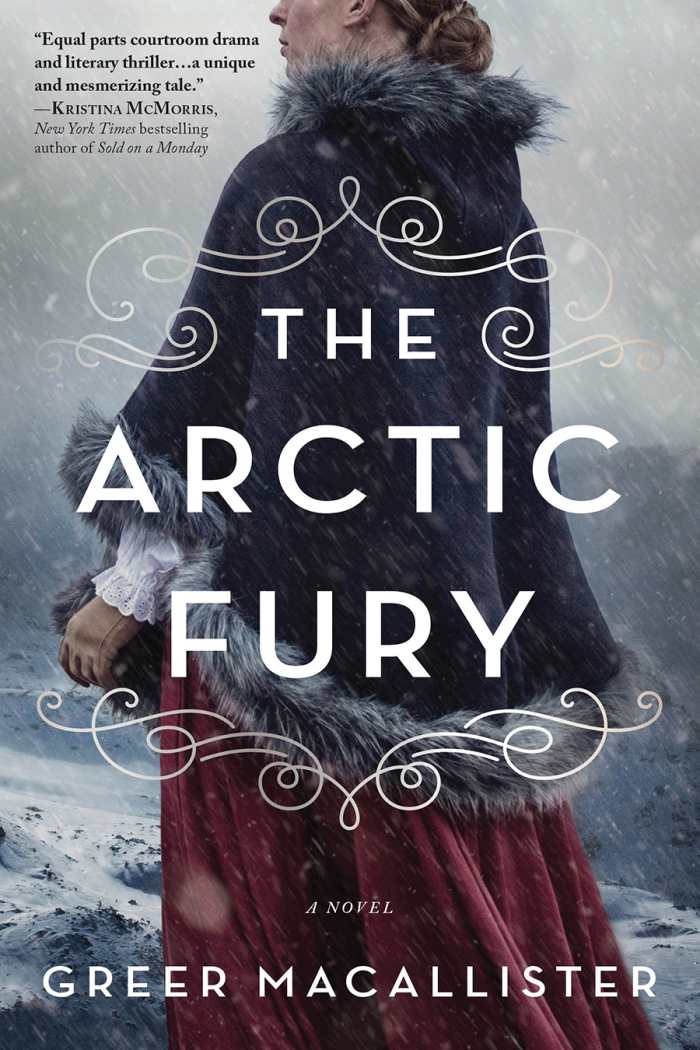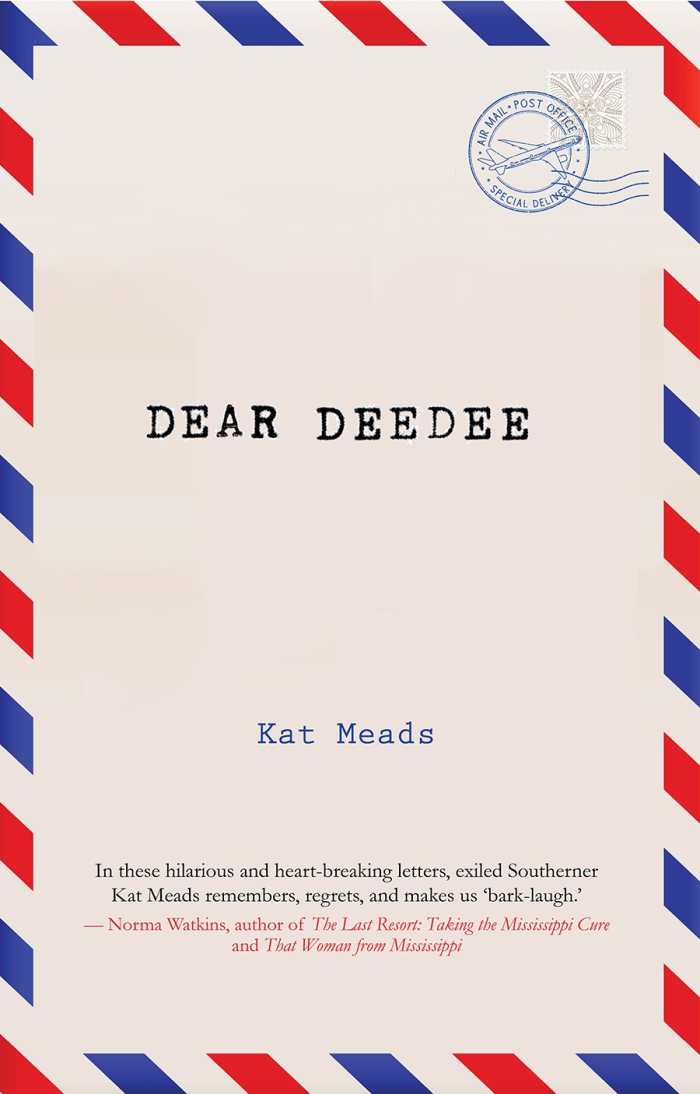Book of the Day Roundup: December 7-11, 2020
Plastic Free
The Inspiring Story of a Global Environmental Movement and Why It Matters

Rebecca Prince-Ruiz
Joanna Atherfold Finn
Columbia University Press
Hardcover $28.00 (272pp)
978-0-231-19862-2
Buy: Local Bookstore (Bookshop)
Plastic Free is the remarkable story of how a social media post from an isolated corner of Western Australia grew into a global network of 250 million activists.
In 2011, following a visit to a waste sorting facility, Rebecca Prince-Ruiz had an epiphany about the enormity of plastic pollution. That was the impetus for a self-challenge: to have a plastic-free month. The “accidental campaign” has since grown into an influential environmental movement.
Sobering statistics, such as that only 9% of all plastics are ever recycled, come alongside heartbreaking stories about plastic’s lethal effects on wildlife and its ubiquitous, pernicious presence in the water and on land. However, the book focuses more on positive examples of meaningful change. Sidebars and pull quotes from diverse voices offer practical, inspiring solutions, from beach clean-ups to working with restaurants to eliminate single-use straws, bags, and packaging. The ideal is the development of a circular economy, wherein products are redesigned with their ultimate ends accounted for, and where, as in nature, waste is moved out of the system.
The book charts the growth of the Plastic Free movement, analyzing the evolutions of its structure, messages, and actions. From a small clutch of concerned citizens in suburban Perth to the development of the Plastic-Free Foundation, the group has maintained a minimal budget and staff, relying on creative and lateral thinking approaches to tapping into public concern for the environment. They keep communications direct and nonjudgmental, and harness behavioral economics to empower citizens to change their habits in small steps that add up to larger, longer-lasting change.
Rebecca Prince-Ruiz and Joanna Atherfold Finn’s Plastic Free challenges everyone to rethink how they consume, waste, and pollute with their shopping choices. Packed with practical suggestions and hopeful encouragements, this book makes it easier to be more mindful about the things we use and reuse.
RACHEL JAGARESKI (December 6, 2020)
Now Before the Dark
Terribly Serious Darkness, Book Three

Sam Hooker
Black Spot Books
Softcover $18.95 (334pp)
978-1-64548-029-7
The feckless Sloot returns in Now Before the Dark, the third book in Sam Hooker’s Very Serious Darkness series. Once an accountant for gangsters, and a former ghost who’s been transfigured into a demon, Sloot endures farcical perils and humiliations as he tries to save his magical nation from the Dark.
Silly and sly, the novel is packed with poetic language that reveals the profound dysfunction of Sloot’s world, in which The Ministry of Etiquette and Guillotines, formerly the Ministry of Surplus Population Management, is one of many malevolent governing bodies that Sloot navigates as he rushes to find a solution to the apocalypse. Sloot is, as ever, a reluctant hero, subject to bureaucratic forces beyond his control; once he’s begun his quest, he finds grudging allies in a reincarnated philosopher, a bard who can’t play his noninstrument, and a wizard who passes as a vampire.
With a lyrical tone and hilarious dialogue that do double duty with its world building, the novel continues the brilliant satire seen in the series’ earlier books. At times, its clever, funny language overpowers its characterization, and a nonsensical running gag about binary pronouns falls flat. Sloot’s friends speak in near identical cadences; sometimes, only their individual sets of gripes distinguish them from one another. However, their exuberance and surliness make them effective foils for meek Sloot, who is a begrudging participant in his own quest.
The story finds its balance in mixing magical creatures with practical concerns, as with breakups and erstwhile gods. Sloot, oft beset and grim of outlook, is a marvelous antihero in this whimsical adventure, and frequent, humorous plays on words, spoofs of contemporary events, and clever reversals of expected dynamics make Now Before the Dark a delight.
CLAIRE FOSTER (October 27, 2020)
The Arctic Fury

Greer Macallister
Sourcebooks Landmark
Softcover $16.99 (432pp)
978-1-72821-569-3
Buy: Local Bookstore (Bookshop)
In 1854, Virginia Reeve stands in front of a Boston court, accused of the kidnapping and murder of wealthy socialite, Caprice Collins. Reeve, the leader of an all women’s expedition to the Arctic, juggles what to withhold and what to reveal about the true nature of their trip—especially the fact that only seven of the party’s twelve members returned. Suffused with a spine-tingling aura of dread, Greer Macallister’s complex, riveting historical novel The Arctic Fury includes tantalizing glimpses of nineteenth-century women’s lives.
In this deadly adventure, horror always looms just over the horizon. From the outset, surviving implies that others have not. The book’s revelations are drawn out in a chronology akin to a word problem. As various party members narrate, the past and present travel toward each other from opposite directions. The plot’s restrained tension thrums, its undercurrent hurtling the story toward the dark-edged truths that await.
This evocative historical reimagining spotlights the problems of the present. The ragtag band of women who form the expedition are unlikely compatriots, spanning all walks of life. All that unites them are the machinations of the explorer Lady Franklin, who is desperate to have her husband’s Arctic disappearance solved, as well as their collective inability to fit social expectations. For them, the call to adventure is irresistible. Their assemblage is a captivating window into the ways that race, class, and sexual and gender identities interact within the broad, shared social category of womanhood.
Resonant with echoes of the Donner party and final confrontations with cannibalism, The Arctic Fury is a riveting historical novel that conflates two contemporaneous events, capturing the past with gritted teeth and a pounding heart.
LETITIA MONTGOMERY-RODGERS (October 27, 2020)
Dear DeeDee

Kat Meads
Regal House Publishing
Softcover $13.95 (159pp)
978-1-64603-015-6
Buy: Local Bookstore (Bookshop)
An elliptical novel that integrates the death of a lineage into a reflection on personal mortality, Kat Meads’s Dear DeeDee recasts the unresolved stories of a Southern paternal line.
Rooted in North Carolina, the Meads family line is petering out. Its generations are scattered and its relationships are shattered. This incites a one-sided correspondence from Aunt K to her college-aged niece, DeeDee, in which she reworks the Meadses’ narrative and “pimps nostalgia as connection.”
Like a stone skipping across a pond, the book’s structure touches on depths without wholly revealing them. Aunt K writes from California and from middle age; her correspondence is structured into monthly sections. While she says she’s presenting herself and the past three generations too honestly for family comfort, there’s a sense of persistent withholding, of the “eye fixing on what it could bear.”
The narrative’s relaxed pace also creates a time-out-of-time that emphasizes the importance of story, both to Aunt K and to the Southern tradition she’s revisiting. A bibliophile who makes sense of nostalgia through books, Aunt K knows the value of a good yarn, especially one whose meanderings invite revelation, amusement, and audience participation, without any one element dominating.
At times, Aunt K is the perfect raconteur, passing along wisdom and bon mots to a beloved youngster; at others, she is unyielding about her nostalgia and hazy on specifics. But what the novel lacks in tension, it makes up for in its pitch-perfect encapsulation of late middle-aged reverie, particularly as it pertains to the troubles of family, fate, and “how difficult it seems for Southerners to relinquish investment in the controlling idea of it.”
As a reverie, Dear DeeDee is as carefully packed as an overnight suitcase, its final destination signaled as much by what’s left in as what’s left out.
LETITIA MONTGOMERY-RODGERS (October 27, 2020)
The Taxidermist’s Lover

Polly Hall
CamCat Books
Hardcover $24.99 (272pp)
978-0-7443-0037-6
Buy: Local Bookstore (Bookshop)
Creepy and sensual, The Taxidermist’s Lover is a gothic romance about a young woman who’s obsessed with her much older husband’s taxidermy practice.
Scarlett, with her lifelong fascination with dead animals, finds her match with an ultra-talented taxidermist, Henry. Henry preserves all the usuals: hunting trophies, beloved pets, and novelties for display. Scarlett pushes the envelope, acting as a muse for his creations. She wants to see badgers with wings, crows crossed with rabbits, and other artistic perversions: “I imagined the body of a red fox, its flame-orange fur contrasted with the angelic white of a stork’s wingspan; a flying, majestic vixen.” The lovers’ transgressions invite nightmarish payback, though; they’re haunted by disfigured creatures, as well as Henry’s professional and sexual jealousy.
Written from Scarlett to Henry, the book unfolds over the course of a year. Its limited perspective evokes classic, epistolary gothic novels; the text acts as a diary of the horror that Scarlett unwittingly awakens. While the story itself is short on surprises, the tension between Scarlett and Henry is riveting, especially when their private conflicts play out in the undead creations they cook up together.
Scarlett’s twin, Rhett, is a complex foil. They speak in the quirky, shared language of their private world. Flashbacks cover Scarlett’s childhood and family life, resulting in insights about her. She refuses to let go of the past; instead, she keeps reworking it, hoping to find a form that will finally be acceptable to her. Her lack of self-awareness is the real monster.
In the book’s most thrilling passages, Scarlett rides the cusp of realizing the deep inequities in her relationship, the way Henry controls her, and the destructive power of her imagination, making The Taxidermist’s Lover a luxurious, macabre romance.
CLAIRE FOSTER (October 27, 2020)
Barbara Hodge
